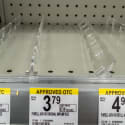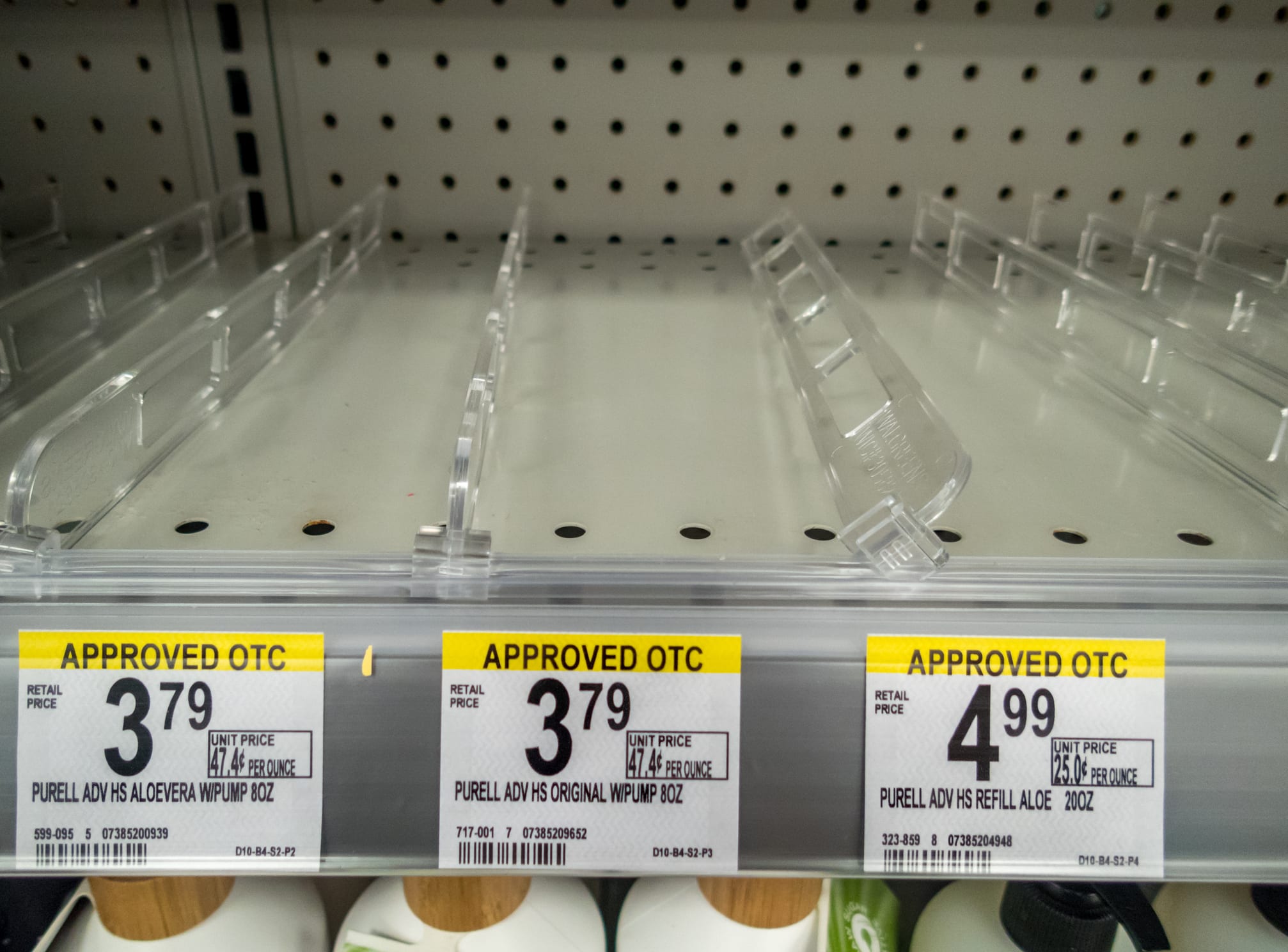- Joined
- Mar 30, 2005
- Messages
- 9,571
- Reaction score
- 25
- Points
- 48


Read on to learn about price gouging laws and the actions you can take if you think you've paid too much for an essential item.
[h=3]What Is Price Gouging?[/h] Price gouging happens when sellers significantly increase the prices of consumer goods and services during a crisis, according to the National Law Review.
Price gouging laws typically limit how much an item's price can rise after a state of emergency is declared.
[h=3]Is Price Gouging Illegal?[/h] In the United States, there's no federal law against price gouging, and in some states price gouging is perfectly legal. Although many call the practice unethical, some argue that price gouging prevents shortages. Would you rather be staring at an empty toilet paper shelf, or one where stores are charging $5 extra per package?In the other 34 states (plus Washington, D.C.), laws vary, but in general price gouging laws only come into effect:
- On essential goods like medicine, food, fuel, housing, and other goods needed for survival
- During a government-declared emergency (typically, this means that the president or a state's governor would need to declare a state of emergency in the region)
SEE ALSO: Top Coronavirus Prevention Tips for Shoppers
Laws typically limit how much an item's price can rise after a state of emergency is declared — some set a price ceiling at 10%, others at 25%, and some are more vague. For example, New York simply condemns increases to an "unconscionably excessive price."
FindLaw offers a state-by-state summary of price gouging laws here.
[h=3]How Can You Report Price Gouging?[/h] If you think you paid an unfair amount on a needed good after a state of emergency was declared, you can contact your state's attorney general's office to file a complaint, either by phone or online. While processes vary, the attorney general's office in Virginia advises those filing a complaint to submit copies of any invoices, contracts, or receipts relating to the issue, and to keep the originals. That seems like solid advice in any state.
[h=3]How Can You Protect Yourself Against Price Gouging?[/h] Whether your state offers protections from price gouging or not, being proactive in the face of a coming crisis is your best bet.
While anti-price-gouging laws can help keep prices low, they can also make shortages more severe. Businesses may not stockpile goods as heavily, and shoppers may not hesitate to buy more than they truly need without a sharp sticker shock to hold them back. Even if you're guaranteed a reasonable price on your item, that doesn't guarantee it'll be on the shelves.
While anti-price-gouging laws can help keep prices low, they can also make shortages more severe.
If you can see a crisis coming — whether it's a natural disaster or a pandemic — shop early! This way, you can be sure to get the things you need at prices that don't break the bank.As for the coronavirus outbreak, you want to be ready in case you become ill and need to stay home for a couple of weeks. You also want to be prepared in case the crisis disrupts the supply chain of critical goods like medication. The American Red Cross advises that people have these supplies:
- Medication
- Food staples
- Household supplies
SEE ALSO: Does Hand Sanitizer Work on the Coronavirus?
One item that's been seeing lots of shortages? Masks. But the World Health Organization cautions that wearing a mask when you're healthy likely won't do much to protect you from becoming ill, especially if it's worn improperly.
Other crises require other preparations — for example, keeping a small stockpile of drinkable water can be helpful during a natural disaster. But no matter the emergency, being ready for it ahead of time can save you a bundle of money and prevent a ton of stress.
Readers, have you seen examples of price gouging in the midst of the coronavirus outbreak? Tell us about them in the comments below.
Related DealNews Blog Posts:
- How to Save on Over-the-Counter Drugs
- Does Hand Sanitizer Work on the Coronavirus?
- How to Negotiate Medical Bills
Click here to view the full article...



